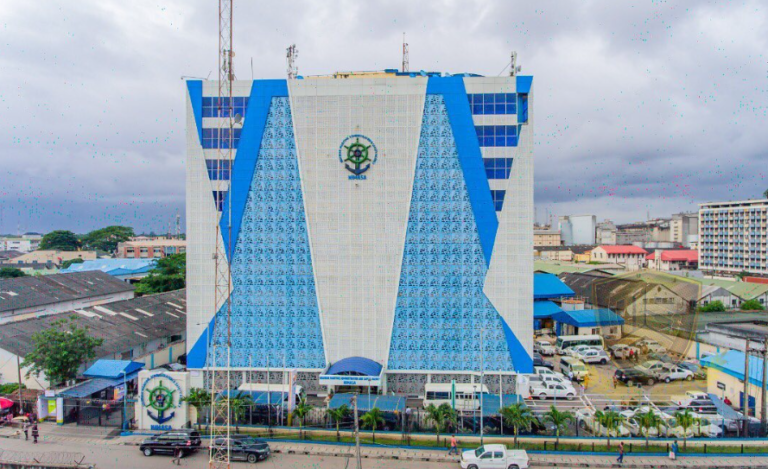The Manufacturers Association of Nigeria (MAN) has voiced strong opposition to the new financial charges imposed on private companies by the Financial Reporting Council of Nigeria (FRCN) under the recently amended FRCN Act.
In a statement issued by MAN’s Director General, Segun Ajayi-Kabir, these charges threaten the survival of businesses and contradict the government’s agenda to ease the business environment. Ajayi-Kabir described the charges as “astronomical,” especially noting that non-listed manufacturing companies—many of which are MAN members—are now classified as Public Interest Entities (PIEs) and faced with substantial fees.
For example, a new section (Section 33) introduced under the FRCN Amendment Act of 2023 mandates annual charges for non-listed entities, calculated as a percentage of their annual turnover. Companies with a turnover exceeding N10 billion will face a maximum fee of 0.05% of their annual turnover. On the other hand, for publicly quoted companies, the maximum annual payment has jumped from N1 million to N25 million. Even more concerning for non-listed companies, which were previously exempt, there is no cap on these charges, and they are tied to the turnover, regardless of whether the company is profitable.
Ajayi-Kabir argued that beyond the financial burden imposed on manufacturers, the act also prescribes harsh penalties, including a monthly penalty of 10% for non-payment and potential imprisonment of up to six months for defaulting CEOs. He emphasized that criminalizing non-payment of charges is excessive, stating that non-payment usually results in fines or regulatory penalties rather than imprisonment.
“The strict penalties and the possibility of imprisonment could be interpreted as having the nature of criminal law. Generally, non-payment of fees or dues leads to other penalties or fines, while imprisonment is applicable only in cases where non-payment is considered an act of defiance or fraud,” he explained.
MAN warned that implementing these charges during a time of economic hardship could hinder investment in Nigeria’s productive sector. Therefore, the association urged the FRCN to suspend the implementation of these fees and to reassess their alignment with Nigeria’s ongoing tax reform efforts.
“MAN implores the FRCN to consider the potential negative impact of continuing to impose these fees on businesses and to put the implementation on hold. As the representative body for manufacturers in Nigeria, we advise the FRCN to wait for the enactment of the tax reform laws and adjust its operations in accordance with the relevant provisions,” the Director General stated.
According to Ajayi-Kabir, halting the implementation of the new FRCN charges would support the federal government’s broader fiscal and tax reform agenda, which aims to streamline regulations, harmonize taxes, and foster business growth.

